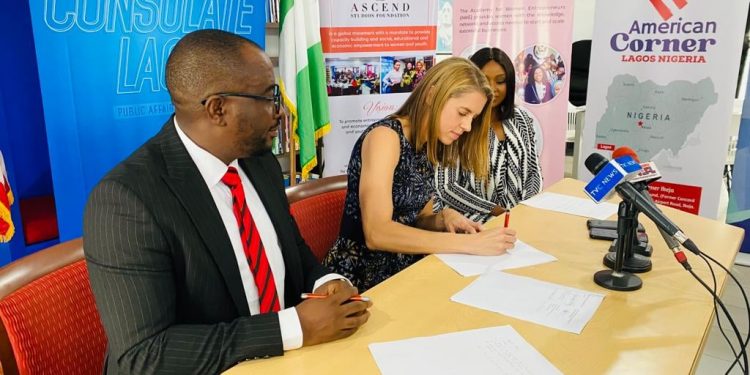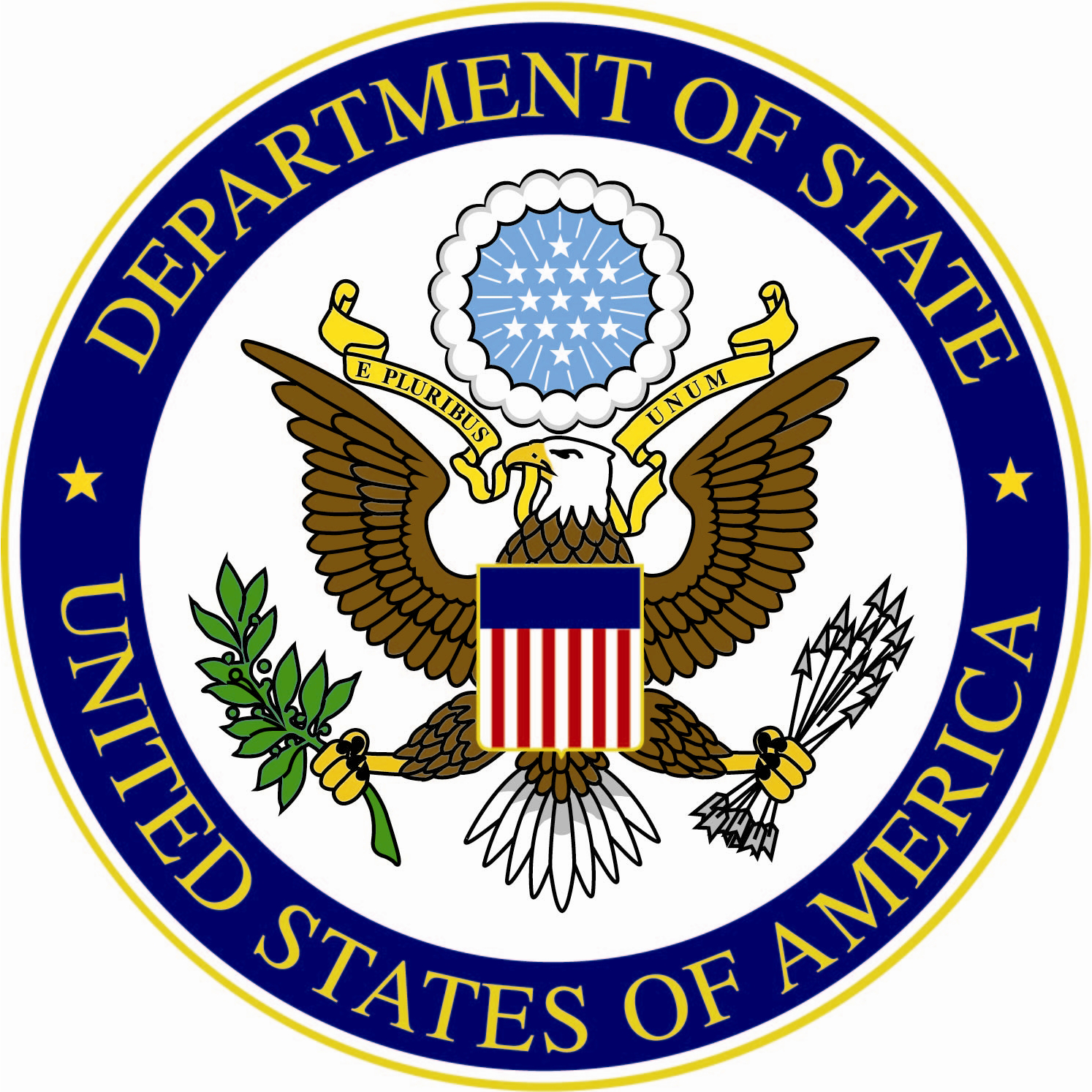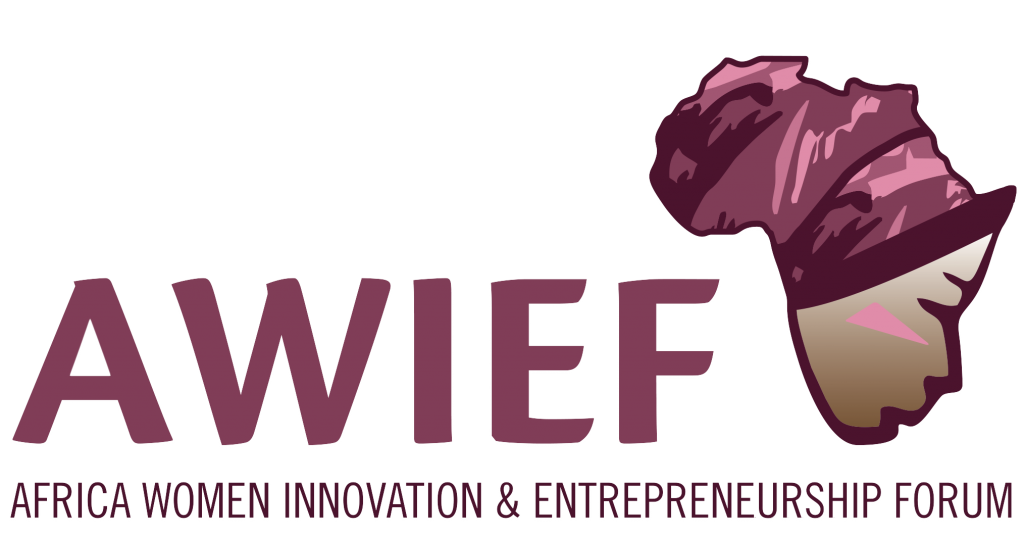The United States government has reiterated its commitment to empowering Nigerian women entrepreneurs by helping them reach their full economic potential. This initiative is aimed at promoting stability, security, and prosperity through the Academy for Women Entrepreneurs (AWE).
In a recent three-day event held in Lagos, 150 alumni from the academy gathered to advance their digital skills, positioning themselves to lead in the digital economy while fostering innovation and growth in their businesses.
AWE Program Uplifts Women Entrepreneurs
During the event, U.S. Consul-General in Nigeria, Mr. Will Stevens, emphasized the importance of AWE in empowering women entrepreneurs. “The Academy for Women Entrepreneurs represents a powerful network of over 130 of the 150 women who have graduated from the academy over the past few years,” Stevens said. He highlighted that the program, launched in 2019, is designed to equip women business owners with essential skills to scale their enterprises.
Stevens also shared that the academy connects participants with mentors from the United States, including those from the Arizona Graduate Business School and the private sector. “These women are supporting each other, growing their businesses, and creating jobs for Nigerians,” he added.
Each year, the program selects between 30 to 50 women to join its ranks, empowering them with technology, agriculture, and investment services to help grow their businesses.
AWE’s Lasting Impact on Nigerian Businesswomen
Adebisi Odeleye, President of the AWE Alumni Association, praised the initiative’s impact on women entrepreneurs. “Being part of the academy for the past five years has been an incredible journey. The support from the U.S. government has enabled women-led businesses to expand through grants and mentorship,” she said. The alumni are now playing a critical role in transforming Nigeria’s business landscape.
In a related development, Women in Successful Careers (WISCAR), in collaboration with UN Women, has launched the Affirmative Procurement Project. This project aims to promote gender-responsive procurement practices and increase women’s participation in economic activities.
WISCAR stated that the initiative will engage private sector partners across Lagos, urging them to adopt the Women Empowerment Principles (WEPs). These principles are designed to ensure gender equality in procurement and supply chains, benefiting women-owned businesses.
“Women-owned businesses account for 40% of SMEs globally but receive only 1% of corporate procurement contracts. This disparity is a critical issue we aim to address through the project,” WISCAR said. Already, over 200 Nigerian companies have signed up to support the initiative, and the project aims to attract more businesses to join the movement.
The Affirmative Procurement Project comes at a time when global businesses are increasingly recognizing that gender equality is not only a moral obligation but also a strategic business advantage. This effort will empower more women to thrive in the marketplace and beyond.










